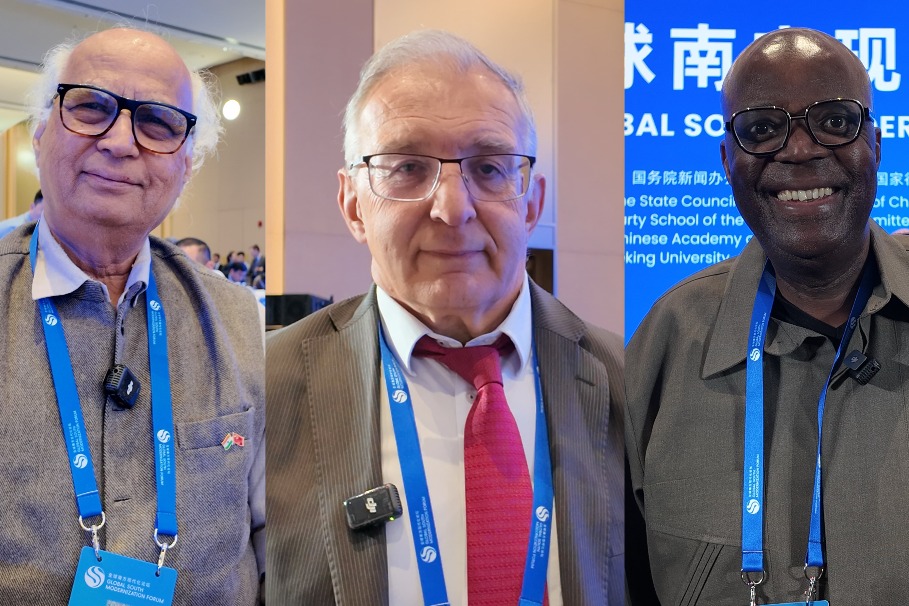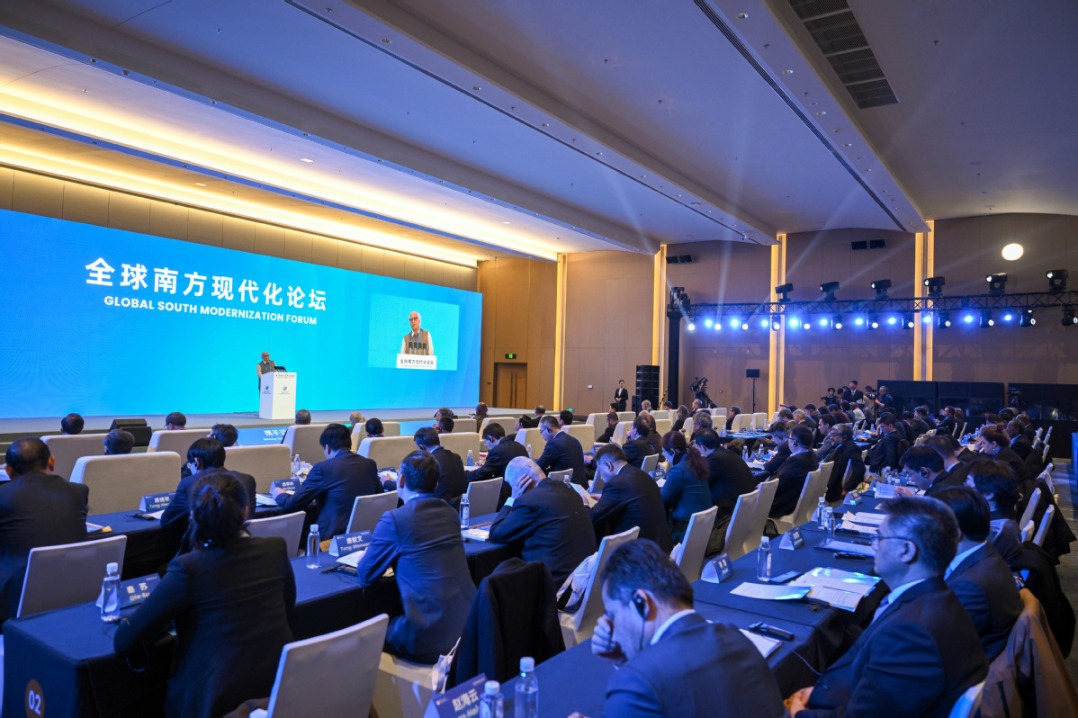Becoming a somebody
With his desire to be an actor coinciding with the unprecedented expansion of China's film industry, one lucky break enabled Wan Guopeng to forge a path to the silver screen, Xu Fan reports.

Editor's Note: China Daily profiles ordinary people doing incredible things in the cultural sphere as the country has advanced over the past decade.
In the summer of 2012, Wan Guopeng was a college student in his final year at Heilongjiang University of Chinese Medicine. Although he majored in acupuncture and massage, the young man, who found an internship at a local hospital, was still unsure of how he wanted his future to unfold.
After reading more than 40 books about various careers and the meaning of life, he was taken with one particular sentence, which read that a person should follow their heart to passionately pursue their dreams while they are young. It stirred in him the desire to become an actor.
Wan says he grew up spending most of his spare time at the cinema or watching popular TV shows on the internet. A native of Mudanjiang, a city in Heilongjiang province, he decided to travel to the south, to East China's Zhejiang province, in the hope of getting an opportunity at Hengdian World Studios, the country's largest production base for TV dramas and films.
Wan even searched online for tips about how to start an acting career. With most suggestions listing Beijing and Hengdian as the two best options, Wan chose the latter because of the lower cost of living as compared to the capital, and his money would go further.
Fearing that his parents might be unhappy about his decision, which meant giving up a stable job to chase an uncertain future, Wan didn't tell them his actual destination. Instead, he told them he wanted to take a trip to Hangzhou, the capital city of Zhejiang, one of the country's most-visited cities, to celebrate his graduation. Hengdian, a small town in Dongyang city, is just a two-hour drive from Hangzhou.
"All the money I had totaled around 1,000 yuan ($144). After purchasing the train ticket, which cost more than 500 yuan, I didn't have much left," recalls Wan.
During his first week in Hengdian, considered to be the Chinese equivalent of Hollywood, Wan was quite excited. After traveling to all the major scenic areas, the reality of his financial situation began to set in. He walked into a shabby hotel and asked for the cheapest room.
"The owner led me down the stairs to a small, corner room with no window, but it cost just 25 yuan a day. I was satisfied and immediately told him, 'I want it'," he recalls.
It was a difficult start for the young man. His daily routine varied from blindly handing out his resume to casting directors, to waiting in crowds of candidates for the slightest chance of being selected as an extra. Wan also worked two temporary jobs-consecutively at a dessert shop and a barbecue restaurant-to make a living.
"The barbecue restaurant's owner was a very nice person. He introduced me to a casting director, who hired me to work as an extra for a week. For two nights in a row, I slept for just two hours and could clearly hear my heart pounding as I walked back to my hotel," says Wan.
Despite being extremely exhausted, Wan says that he remained sure about his decision and love for the movies at that time, setting himself a three-year goal to achieve his dream. In the meantime, he became a heng piao, or "Hengdian drifter", a term that refers to the sizable group of young people who leave home for Hengdian to chase their dreams of becoming a movie star.
Much more fortunate than many of his fellow extras, Wan beat more than 700 applicants to be shortlisted as one of 21 people to attend an acting training program sponsored by prestigious director Derek Yee Tung-sing, a two-time best director winner at the Hong Kong Film Awards.
At the time, Yee was visiting his old friend and maverick filmmaker Tsui Hark to discuss their martial arts movie Sword Master. He was attracted by the distinctive temperament of Hengdian, where modern buildings intermingle with compounds styled like ancient palaces. As night falls, the entire town looks like a scene from a time-travel movie, with extras wearing ancient costumes taking a break to play with their cellphones, or squatting to eat food from paper boxes.
Once a group of scattered mountain villages, Hengdian started to take off as a film and TV production hub in 1996 with the construction of its first film set, a 60,000-square-meter replica of over 160 buildings in the architectural style of 19thcentury Guangzhou, for director Xie Jin's The Opium War, a historical epic recounting the war that resulted in the decline of the Qing Dynasty (1644-1911).
With the rapid development of China's film and television industries, the town has built more than 30 scenic areas, over 100 soundstages and more than 2,000 sets depicting ancient dynasties and modern cities, drawing over 1,300 movie and TV production companies to establish their operations at the site. According to domestic media reports, in its heyday, two-thirds of China's costume dramas were being filmed in the town.
Inspired by his personal curiosity to explore the lives of heng piao, director Yee recruited Wan and his fellow extras for I Am Somebody, a bittersweet drama that practically mirrors Wan's own striving path. The movie, which provided Wan with his dream chance to play the lead, tells the story of a young man leaving his hometown in Northeast China to pursue his dream of movie stardom in Hengdian.
"We were sorted into teams, each consisting of four or five people, to be inspected by director Yee. He is quite nice and gentle. When he saw us, he rose to shake hands with each of us and introduced himself," Wan recalls his first meeting with Yee.
Thanks to I Am Somebody, which won critical acclaim and grossed 65 million yuan in 2015, Wan has earned recognition in China's rapidly booming movie industry. In the same year, China saw its annual box office rise 48.7 percent yearon-year, the highest increase in the past decade.
With his career development coinciding with what some consider to be a golden era of Chinese cinema, Wan has since acted in around 30 movies, TV dramas and online series, with his most popular outings being the 2021 sports drama Ping Pong and this year's sci-fi blockbuster Warriors of Future.
Reportedly the biggest budget film ever made in Hong Kong, Warriors of Future, which features over 1,700 computer-generated scenes, is megastar Louis Koo's ambitious project to bring to life a futuristic fight between humankind and a fast-growing alien vine-like plant from space, which purifies the planet, but kills everything in its path. Wan plays a novice soldier who assists an elite veteran played by Koo, in carrying out a mission that will change the fate of humankind.
Growing up as a die-hard fan of Hong Kong films, Wan recalls he felt a great sense of happiness to be selected to act in a movie with Koo, which has a stellar cast that also includes Sean Lau Ching-wan, Carina Lau Kar-ling and Nick Cheung Ka-fai.
"The first time I met Koo was on set. He was a bit childlike and excitedly said: 'Come with me, I will show you something very special and interesting.' Then, my jaw almost dropped when I saw the exquisitely designed props of the giant robots and mechanical outfits. They could move and fight via digital manipulation," says Wan.
While the shooting of Warriors of Future was a fresh and eye-opening experience, Ping Pong, a popular series about two table tennis prodigies competing to be crowned world champions, evoked his nostalgia.
"Ping-pong is like the first 'mentor' I had that made me understand what passion means. I have been a ping-pong enthusiast since I was young, so I was very excited when I was invited to take part in the series," recalls Liu.
In order to convincingly portray his role of a veteran athlete, Wan attended an intensive training for three months to switch his paddle hand from his left to the right, like most table tennis players.
In recent years, Wan has also focused on polishing his acting chops, with his effort exemplified by participating in a monthslong training program at The Dome Studio, which is co-founded by director Chen Kuo-fu, actor Chen Kun and actress Zhou Xun.
Although China's movie industry has seen a drop in its annual output in the past three years due to the ongoing COVID-19 pandemic, Wan says that this unusual period has "forced" him to slow down, unintentionally giving him a lot of time to do physical exercise and watch quality movies.
Earlier last week, he traveled almost 25 kilometers from his home just to watch Brazilian director Walter Salles' 2004 movie, The Motorcycle Diaries, an art house flick that he has been fascinated about since college.
"The movie reminded me of my experience in Hengdian. All these years have been like an uncharted adventure. There might have been hurdles and challenges, but it has always made me feel good to receive the help of some good-hearted people when I have stumbled. That has encouraged me to go on," says Wan, with a smile.
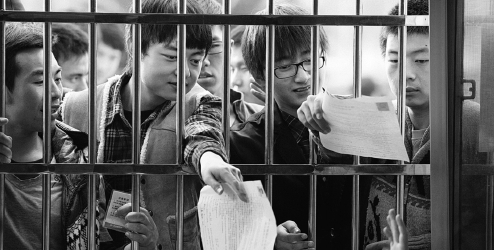
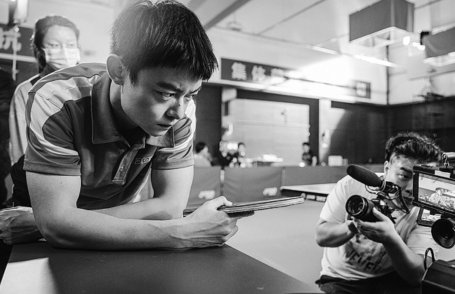
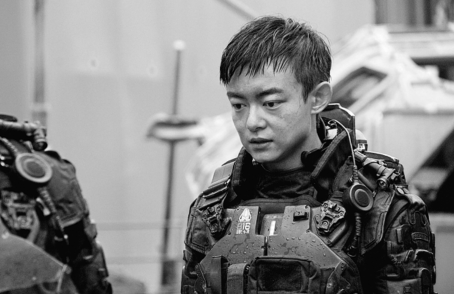
Today's Top News
- 15th National Games embodiment of high-quality development
- Lawmakers' thousands of proposals receive responses
- China warns Japan against interference
- Nation's euro bond sale shows investors' confidence
- No soft landing for Tokyo's hard line
- Commerce minister urges US to increase areas of cooperation
















